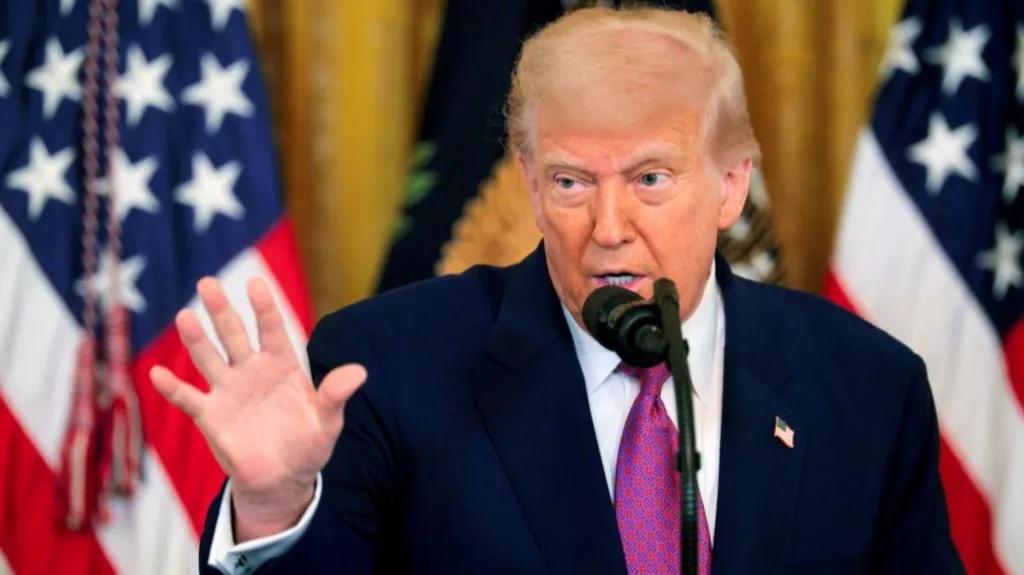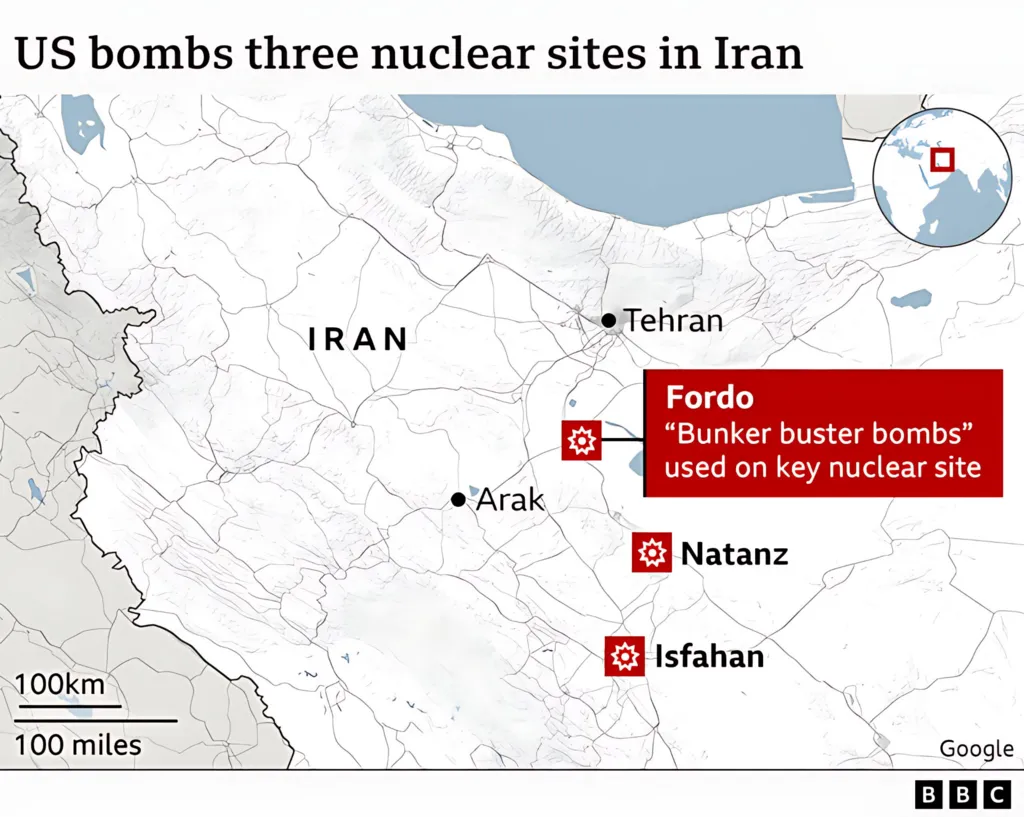US Strikes on Iran: Escalation in the Middle East¶

Summary¶
President Donald Trump, who returned to office promising peace, has instead led the US into direct military action against Iran, targeting three nuclear sites. The strikes, announced as a "spectacular success," were intended to curb Iran's nuclear ambitions and push for renewed negotiations. However, Iran reported only minor damage and warned of retaliation, raising fears of further escalation. The international community, including the UN, has expressed concern about the potential for a broader conflict in the already tense Middle East.
Timeline of Events¶
- Trump gave Iran a two-week ultimatum to surrender, but acted within two days.
- US forces struck Fordo, Natanz, and Isfahan nuclear sites.
- Trump, flanked by key advisors, warned of further attacks if Iran continues its nuclear program.
- Iran and its leaders have threatened to respond, increasing uncertainty.

International and Domestic Reactions¶
- UN Secretary General António Guterres warned of a "spiral of chaos."
- Criticism has come from both Democrats and some within Trump's own party.
- The move risks political backlash at home, especially if the conflict widens.
My Perspective¶
While the intention to prevent nuclear proliferation is understandable, military strikes risk escalating the conflict and destabilizing the region further. Diplomatic solutions, though challenging, should remain the priority. The rapid shift from negotiation to military action may undermine trust and make future talks more difficult. The world now waits to see how Iran will respond and whether this marks the start of a larger conflict.
Potential Consequences¶
- Increased instability in the Middle East.
- Possible retaliation from Iran.
- Strained US alliances and domestic political divisions.
- Uncertain prospects for peace and diplomacy.
References¶